Albertina Madeira, 99 years old and still an active contributor to the publication Ecos da Serra, has been the oldest inhabitant of Alte for about a week. Not on purpose, this Monday, March 21st, she saw the National Observatory for Aging inaugurated in the building opposite the one where she lives, on Rua Nova da Igreja, in this village in the interior of the municipality of Loulé.
There, a few steps from the door of his house, “fundamental” work will be carried out so that the elderly in Alte, but also throughout the country, have more and more years of active and quality life.
This nationwide structure, which brings together in partnership the Algarve Biomedical Center (ABC) and reference centers from four universities – UAlg, NOVA Medical School of Lisbon, University of Porto and University of Beira Interior -, will start working now to help the Government, in this case the Ministry of Labour, Solidarity and Social Security (MTSSS) to create policies that allow the Portuguese population to «age in a healthy way, in a very active way and to have an excellent quality of life».
«We are talking about the National Observatory on Aging (ONE), which will analyze data from one of the areas that is most important and relevant in national terms, in this decade and the next», framed Nuno Marques, president of ABC and president of Executive Committee of the observatory.
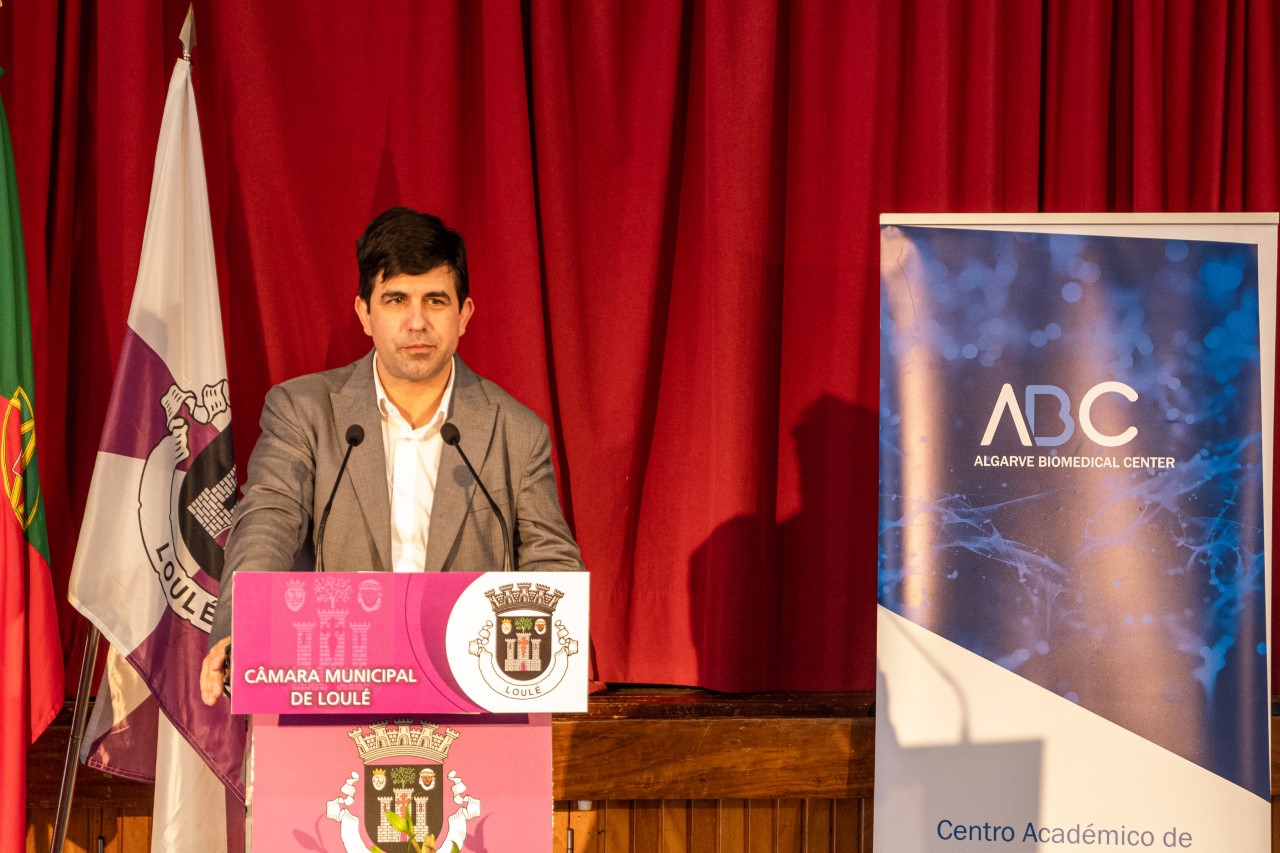
«What will happen here is an analysis of data of a national character. Let's analyze data related to the different areas linked to aging. We are talking about health, social, work, the transition to retirement, the economic area and the financial capacity of people, as they get older», he added.
The ONE will also address “knowledge issues, such as life-cycle and digital education issues, which have a very large impact later on, as well as housing”.
«It is essential to take all this into account when we are talking about healthy and active aging, because we are talking not only about health, but about people having the perception that they have a good quality of life over the years», believes Nuno marquis.
This observatory «will look at national indicators in all these areas and, through a fine analysis, will be able to propose policies to be implemented by our policy makers, so that we can have an improvement».

«I think that today is a historic day for Alte, but also for Portugal, with the launch of this National Observatory dedicated to aging that brings together three reference centers of Portuguese universities around research and ageing», said Ana, for her part. Mendes Godinho, Minister of Labour, Solidarity and Social Security, who presided over the opening ceremony of ONE.
«This is fundamental for us to have the ability to have well-informed options from the point of view of those that are the critical areas of intervention to have an increasingly active and healthy aging throughout life and, increasingly, policies associated with longer longevity. focused and with more associated knowledge», he considered.
This is, in the official's view, «the great advantage of having associated universities around this observatory, to identify, on the one hand, the critical areas of intervention, where we must focus and channel investments and prioritize public options, namely in the context of of the Action Plan for Active and Healthy Aging.
And there is a lot of work to be done in this field, since, as the president of ABC illustrates, Portugal is “still far from the Nordic European countries” when it comes to the quality of life of the elderly.
«We have achieved longevity, we are very close to them in terms of average life expectancy, but in an indicator that is key in national terms, there is still a long way to go, namely in the years of quality of life that people have over 65 years of age. I would say that we are about a decade away from the Nordic countries», he defended.
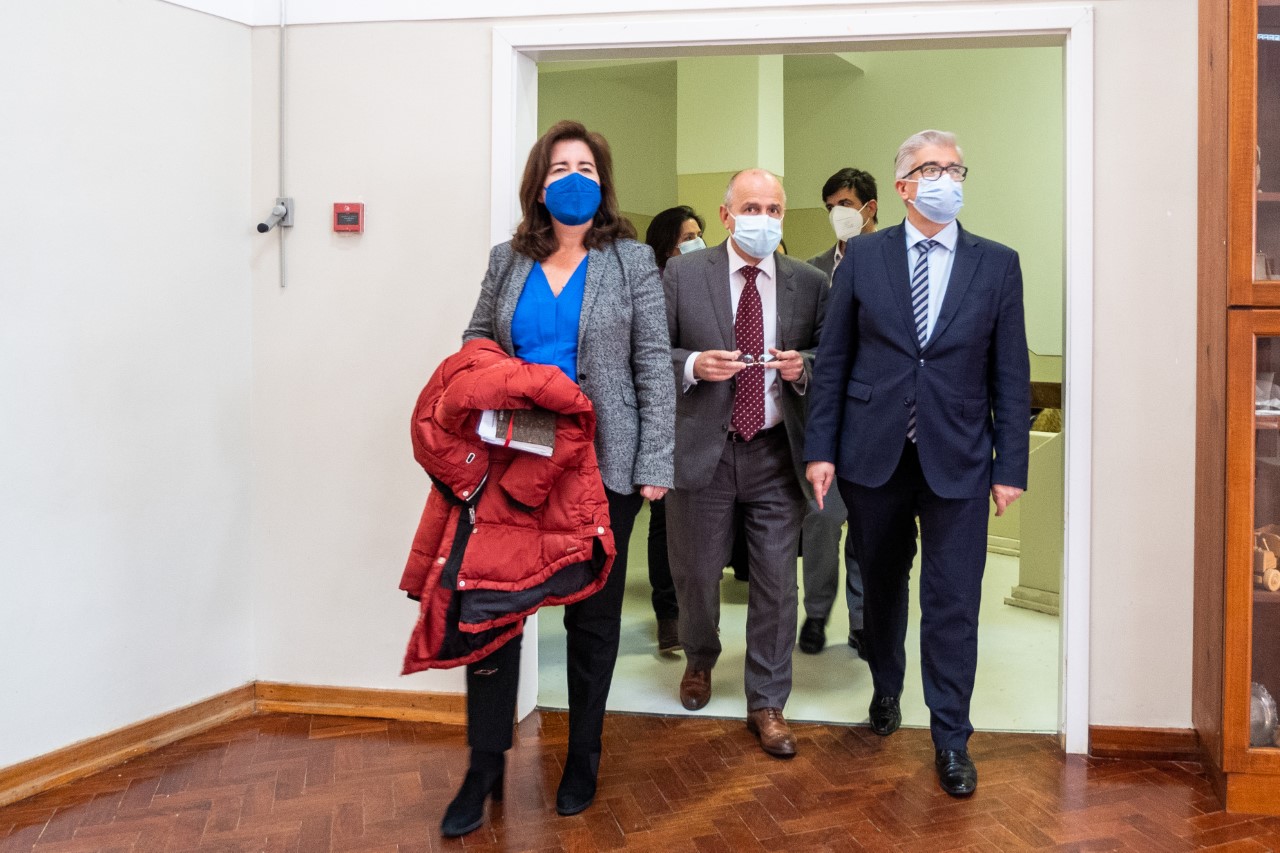
António Lacerda Sales, Assistant Secretary of State and Health, who was also in Alte yesterday, reinforced this message.
“Our country is currently one of the oldest in Europe, which makes this observatory even more important. (…) When we get older we should be able to celebrate and not regret. That's what we're doing here,” he said.
For now, ONE will have workers, but, «soon after, we will move on to the eight different technicians. Later on we will reach 20 people working here».
«All this will be articulated in a network. We have the academy involved in this. We have the universities of Porto and Algarve, NOVA Medical School, as well as the University of Beira Interior, but mainly the initial three, which already have researchers working in these areas, who will be networked to the observatory and contribute to this knowledge", he explained.
Basically, the observatory will have a team "with great capacity to prepare the databases, to interconnect them with each other and, above all, to prepare them for the researchers' analyses, so that they can be put into practice in the various areas and sectors linked to ageing'.
In this first year, ONE has a budget of around 1,1 million euros, “not least because it is a year of investments. We have already invested more than 600 thousand euros in the creation of a protected Data Center, since we are talking about sensitive data. Then we will have to think about the other expenses”.
In addition to Nuno Marques, they are part of the Executive Committee of the Elísio Costa observatory, of the Porto Reference Center for Aging, Hele, in the Canhão of the Aging Group at NOVA Medical School, Sandra Pais, of the Algarve Active Aging, Susana Tavares, of the MTSSS, and Assunção Pato, from the Aging Center of the University of Beira Interior.
Photos: Hugo Rodrigues|Sul Informação
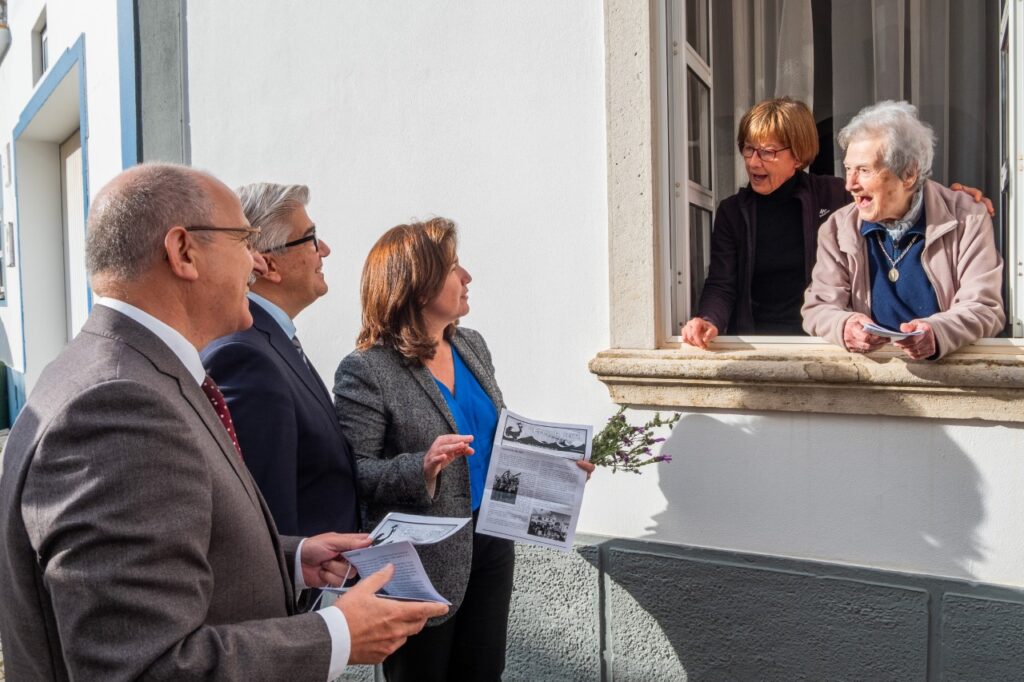
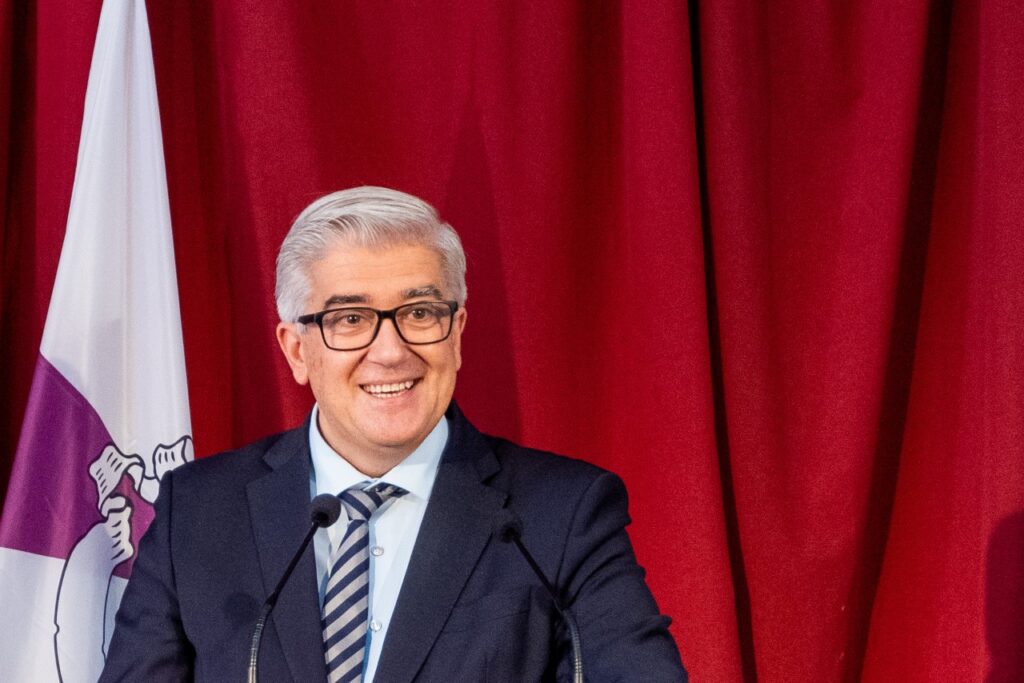
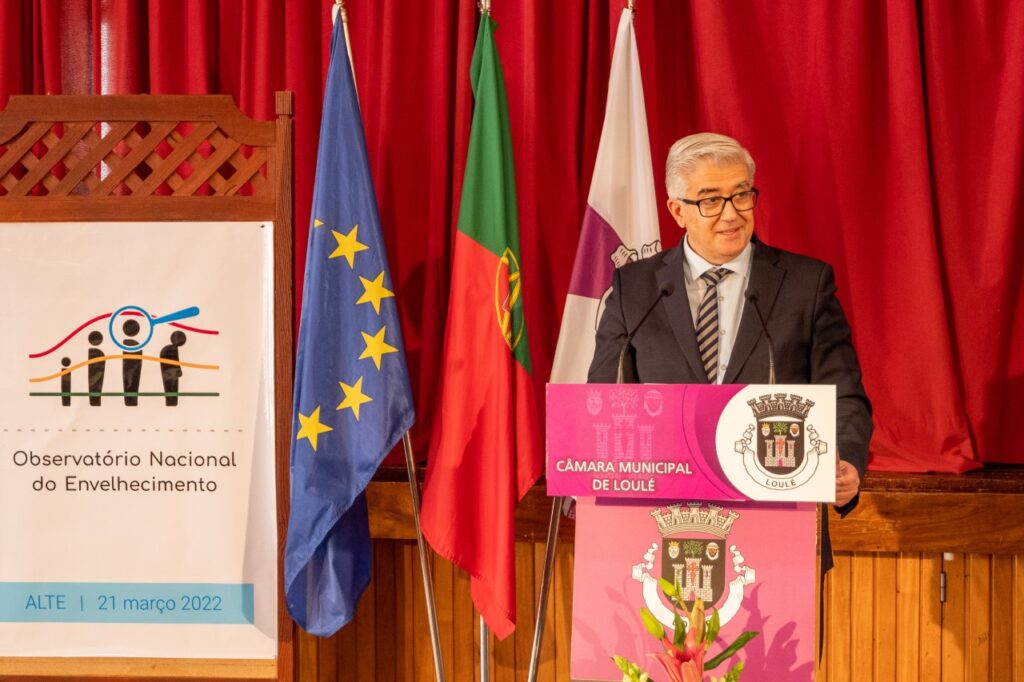
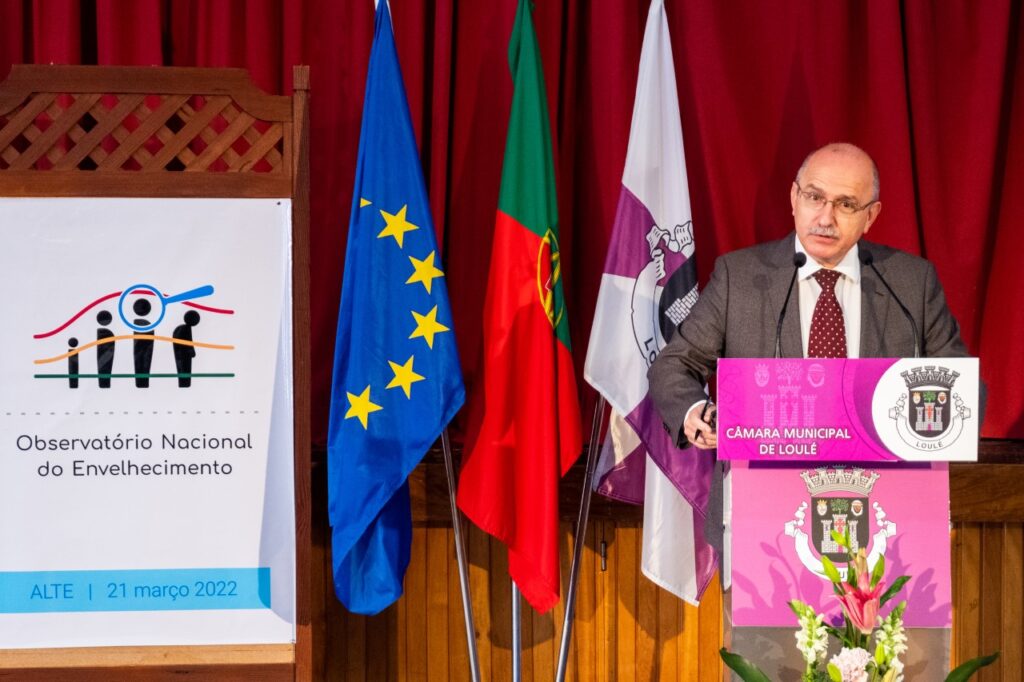
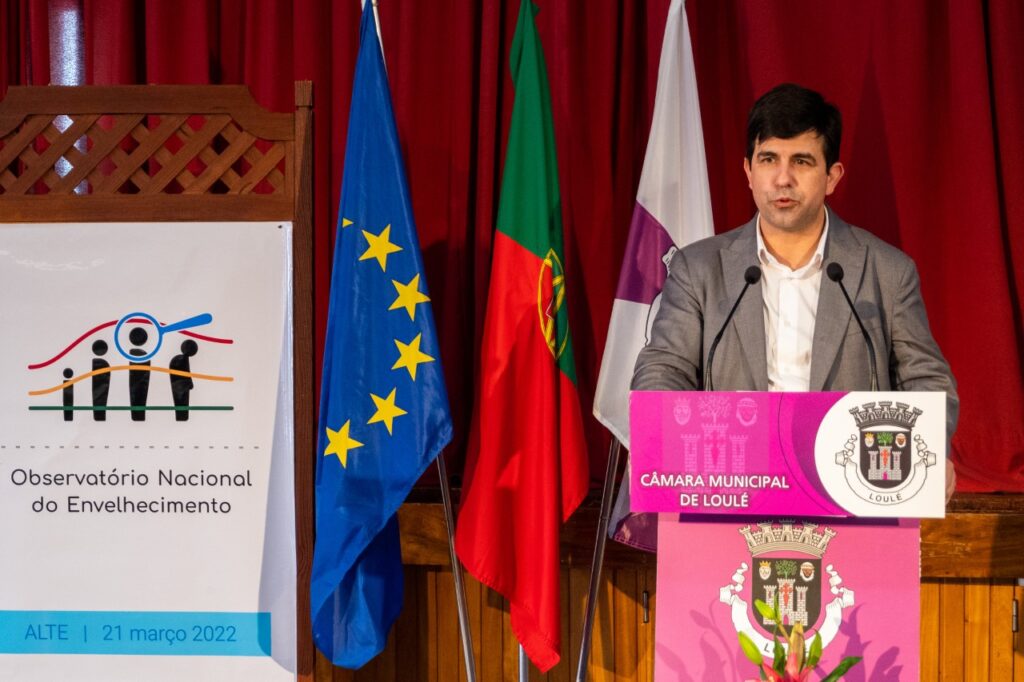
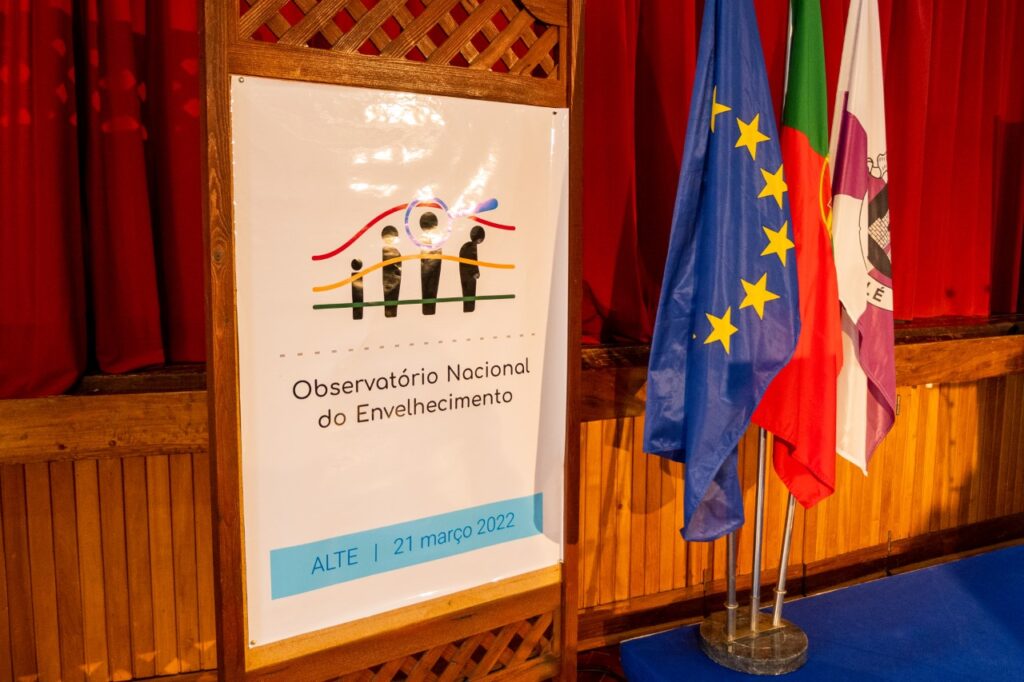
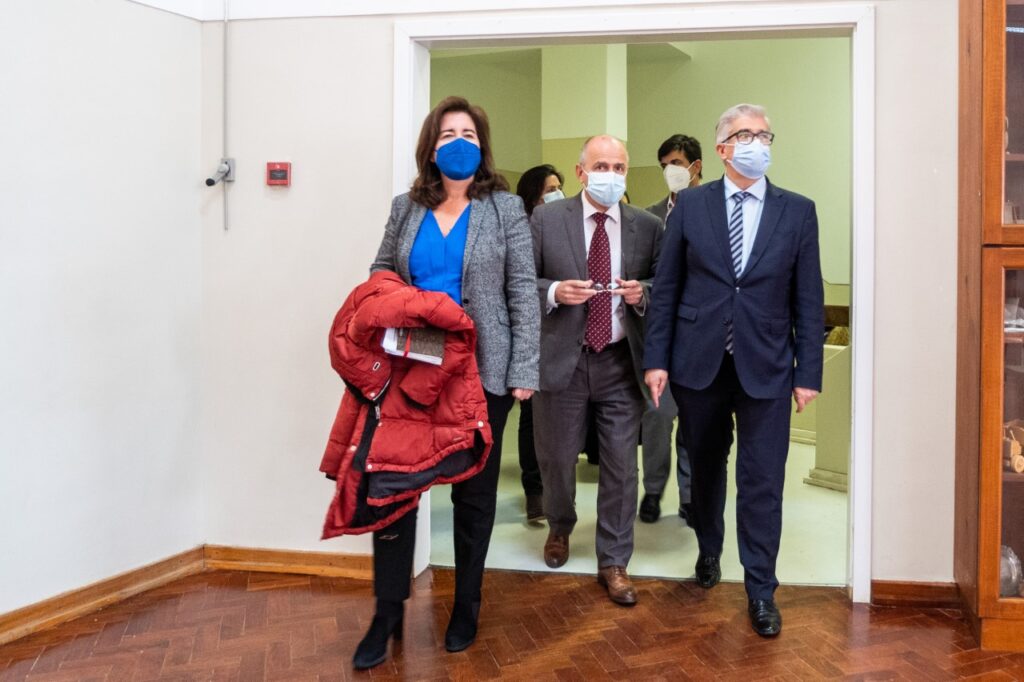
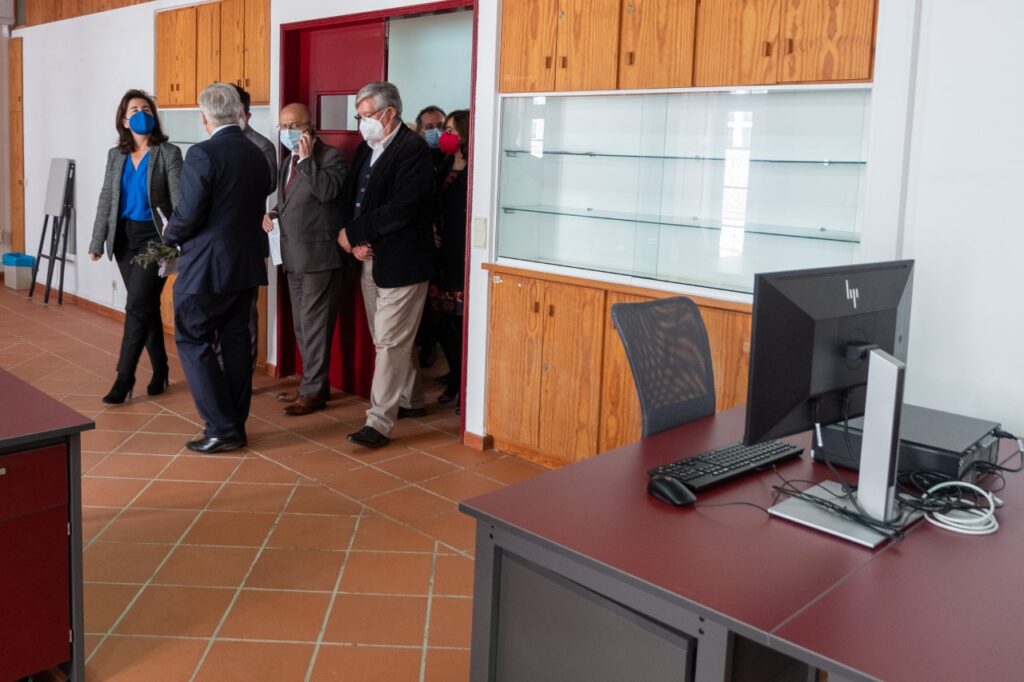
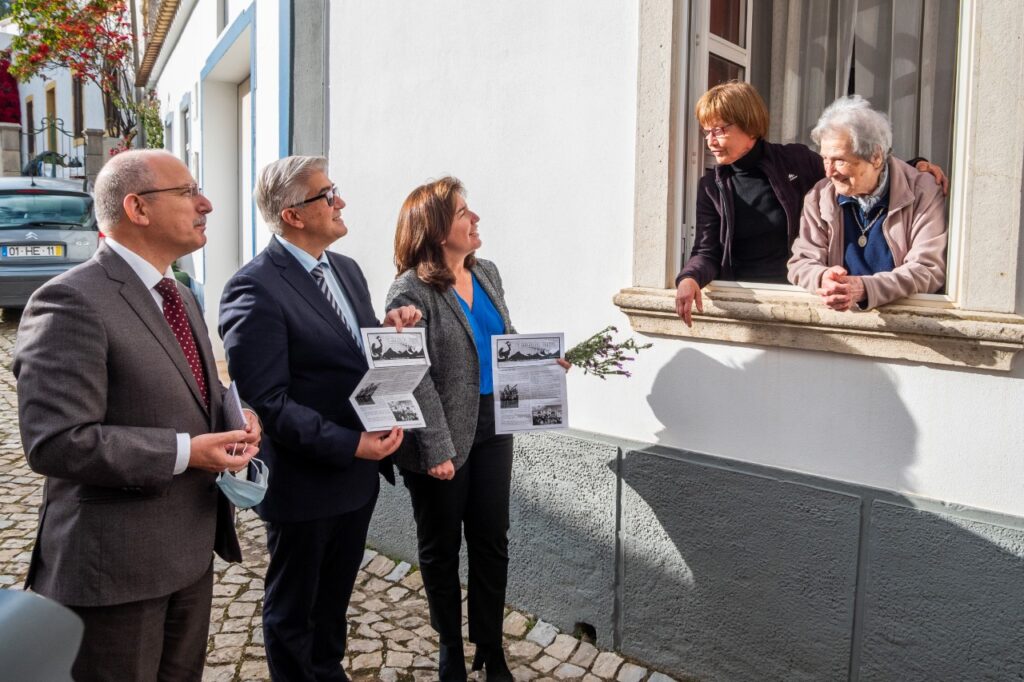
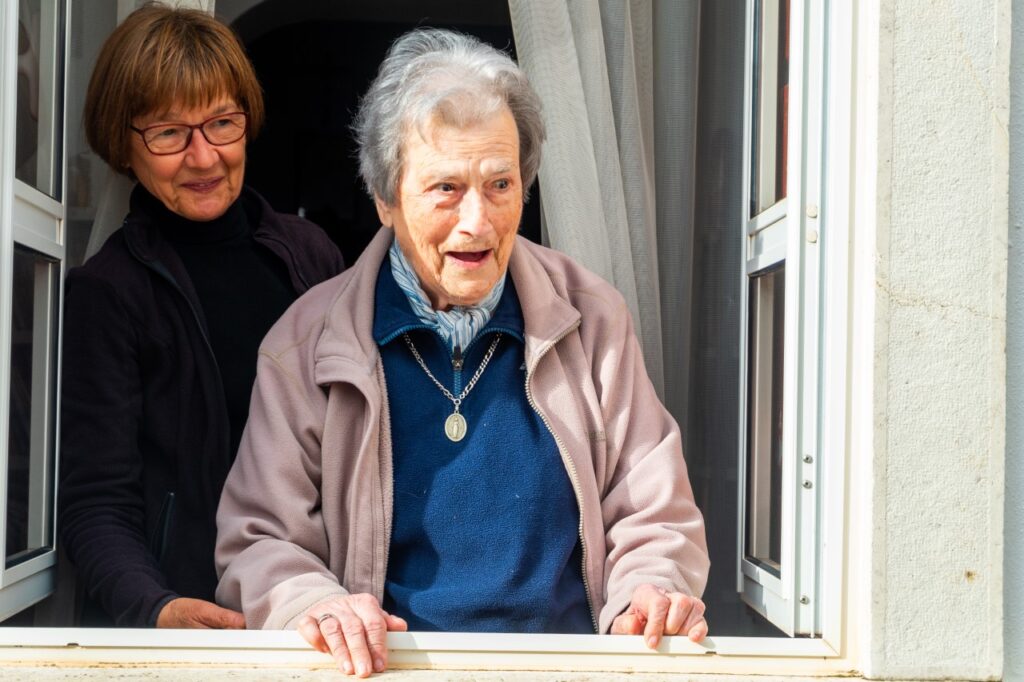
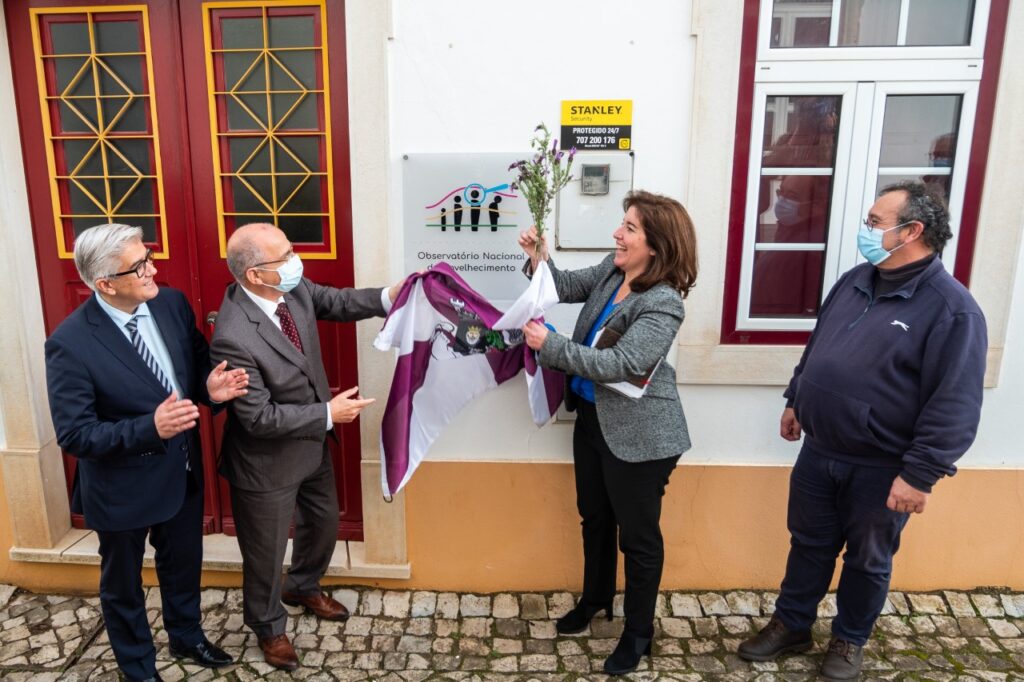
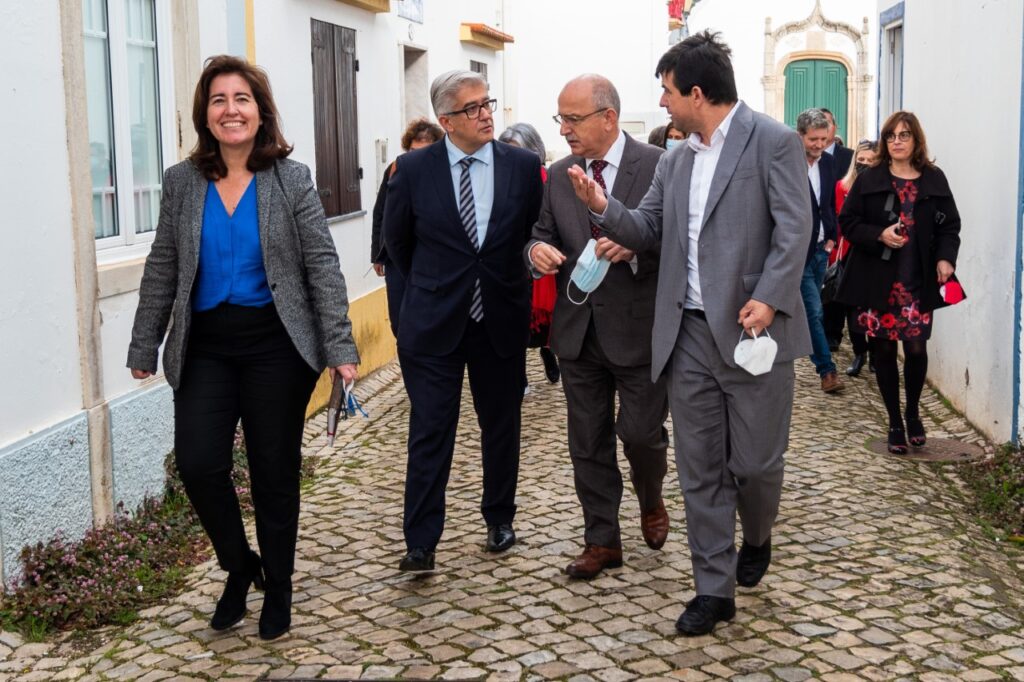
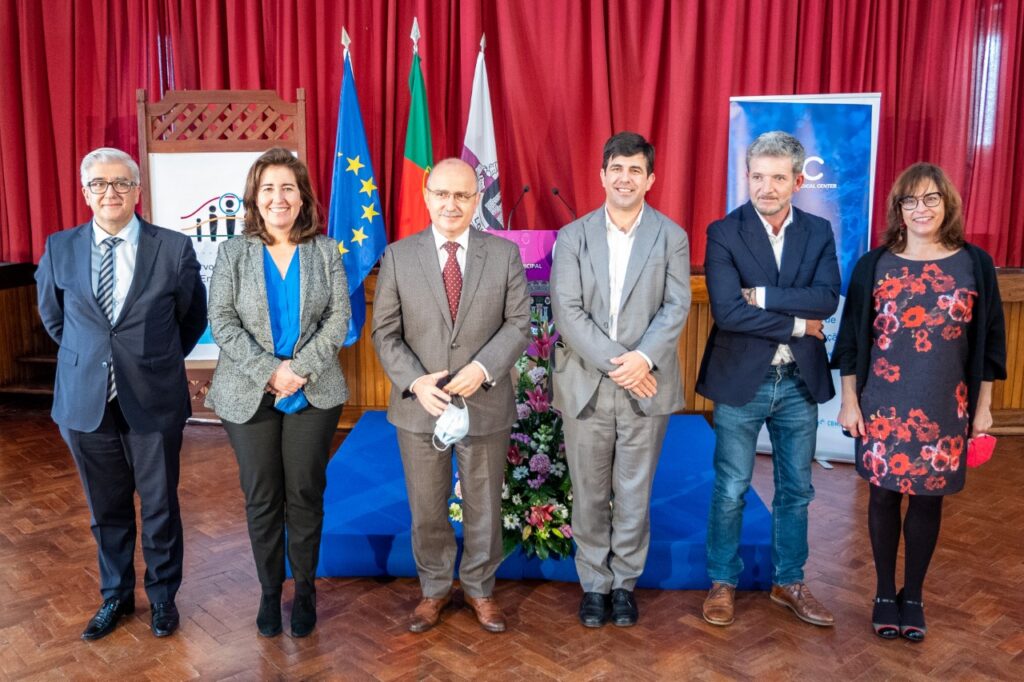
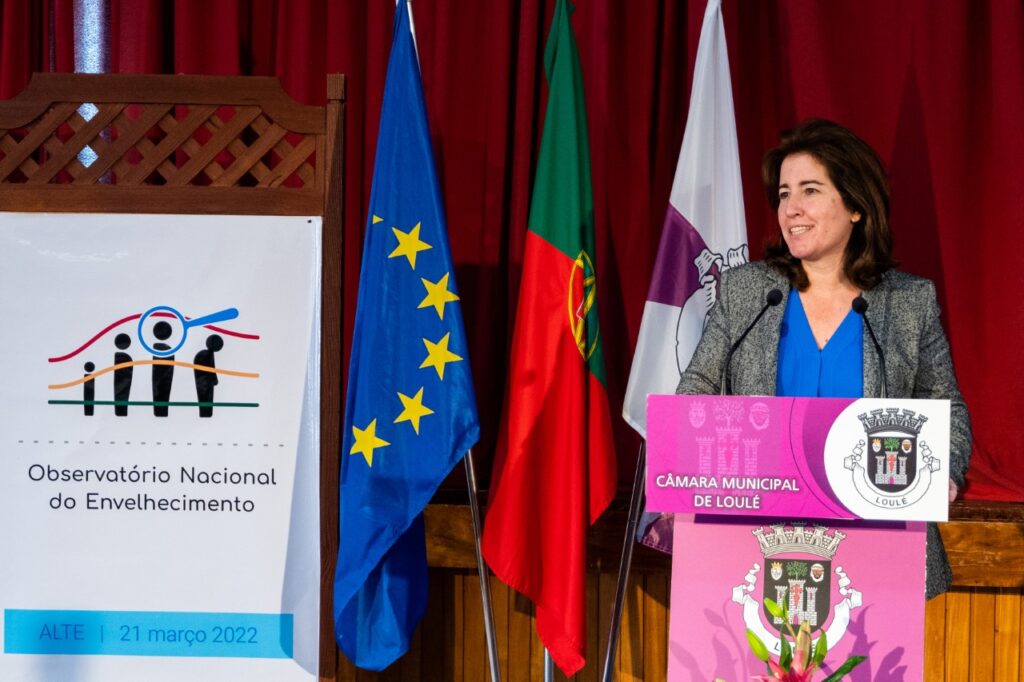



















Comments